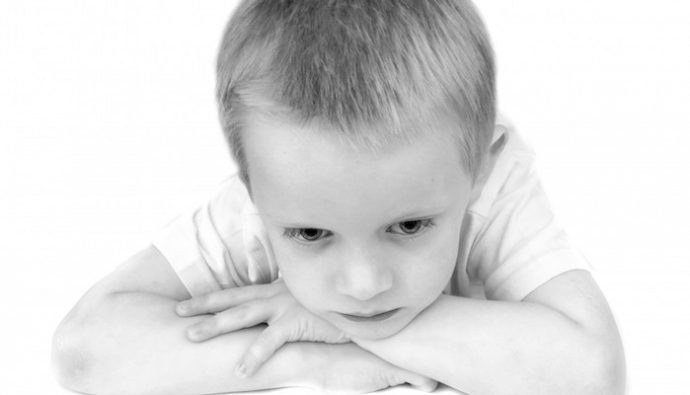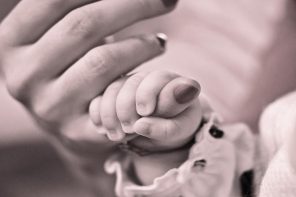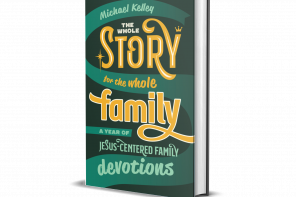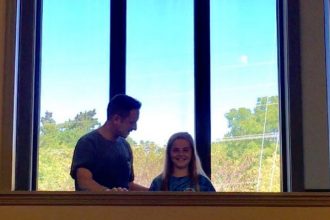When we think of “stewardship,” we most often think in terms of money. And that’s not wrong – surely the Bible teaches that we have been financially entrusted with funds, and it’s our job to manage them well for the sake of the kingdom of God. That’s only part of the story, though. Stewardship, while it includes finances, is far bigger than money. Even the dictionary definition points us to this greater reality.
The strict, English language definition of stewardship is this: the responsible overseeing and protection of something considered worth caring for and preserving.
We are stewards of our finances. But according to this definition, we are stewards of a lot more. Of anything, in fact, worth caring for and preserving. We are, then, stewards of our homes. Of our educations. Of our talents. Of our children.
And here’s one more thing that is particularly relevant right now: We are stewards of experiences. Of these days.
That reminds me of a conversation once had between a hobbit and a wizard. In Tolkien’s The Fellowship of the Ring, Frodo remarked to Gandalf: “I wish it need not have happened in my time,” as he lamented the fact that he had lived to see the evil advancing from Mordor. Gandalf responded: “So do I, and so do all who live to see such times. But that is not for them to decide. All we have to decide is what to do with the time that is given us.”
So here we find ourselves, in the middle of a pandemic that all of us wished were not happening in our time. And yet here we are as stewards, not deciding what it is that we do experience, but only deciding what to do with that experience. To put it another way, how to steward that experience.
But if I may, let me put an even finer point on it in this point, specifically for parents, because this will no doubt be a shaping time for them. These are days they will tell their own children and grandchildren about, and how they see us steward these days will inform that tale. So, parents, I wonder if you would ask yourself the same question I’ve asked myself several times over the last few weeks:
How will my children remember COVID-19?
There are, of course, the generic answers to that question. They might remember the facts of the pandemic – how it spread, how entire nations were both closed and shut, and what the economic fallout will be. But they will also have greater memories – memories not driven so much by recalling the facts of these days, but remembering how they felt, and how their moms and dads led them during these days.
This is a profitable question for us to ask as parents right now because we know, at some level, how we want our kids to remember these days. We want them to remember that we prayed together as a family. That mom and dad did not panic and helped them not be afraid. That we gave freely of our resources rather than hoarding them for ourselves. That we were willing to be true neighbors to those in need. That we talked with them openly and honestly and helped them trust God even more.
This is how we want them to remember these days. But then comes the hard part – it’s holding up how we are reacting right now with what we want our kids to remember. Because they are watching. And remembering. And I, for one, want my kids to have some stories to tell.
Not stories about how their dad was shrewd enough to squirrel away 9000 rolls of toilet paper before everyone went into quarantine, but stories about how we laughed and prayed and trusted and loved together as a family. About how we sang together when we couldn’t go to church. About the games we played and the way we checked on our friends and neighbors.
Here, friends, we have a chance by God’s grace to build those stories for our children. If, that is, we choose in faith to steward the days well.
Subscribe to MichaelKelley.co
Never miss a new post. Subscribe to receive these posts in your inbox and to receive information about new discipleship resources.






1 Comment